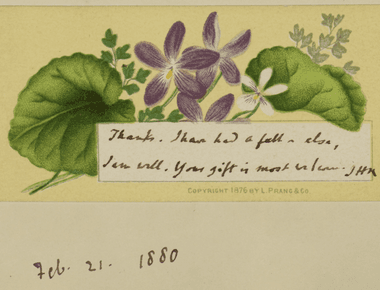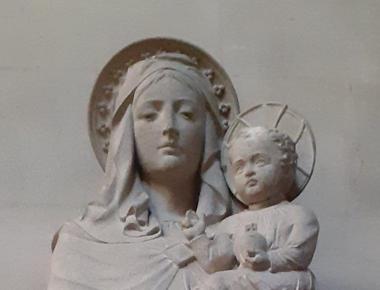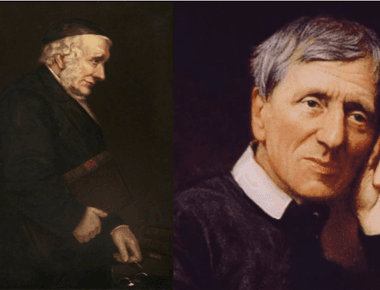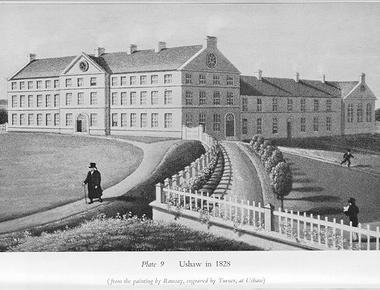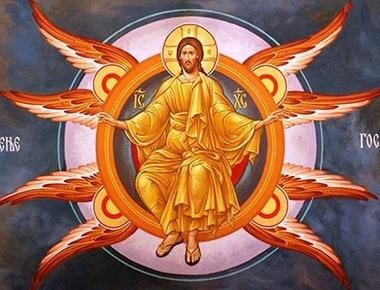
An important theological theme in the Christian tradition is that of the divine ideas or <em>logoi</em> in the mind or Word of God by which God knows and loves in himself eternally all the ways that creatures can or do participate in a living likeness of him.


